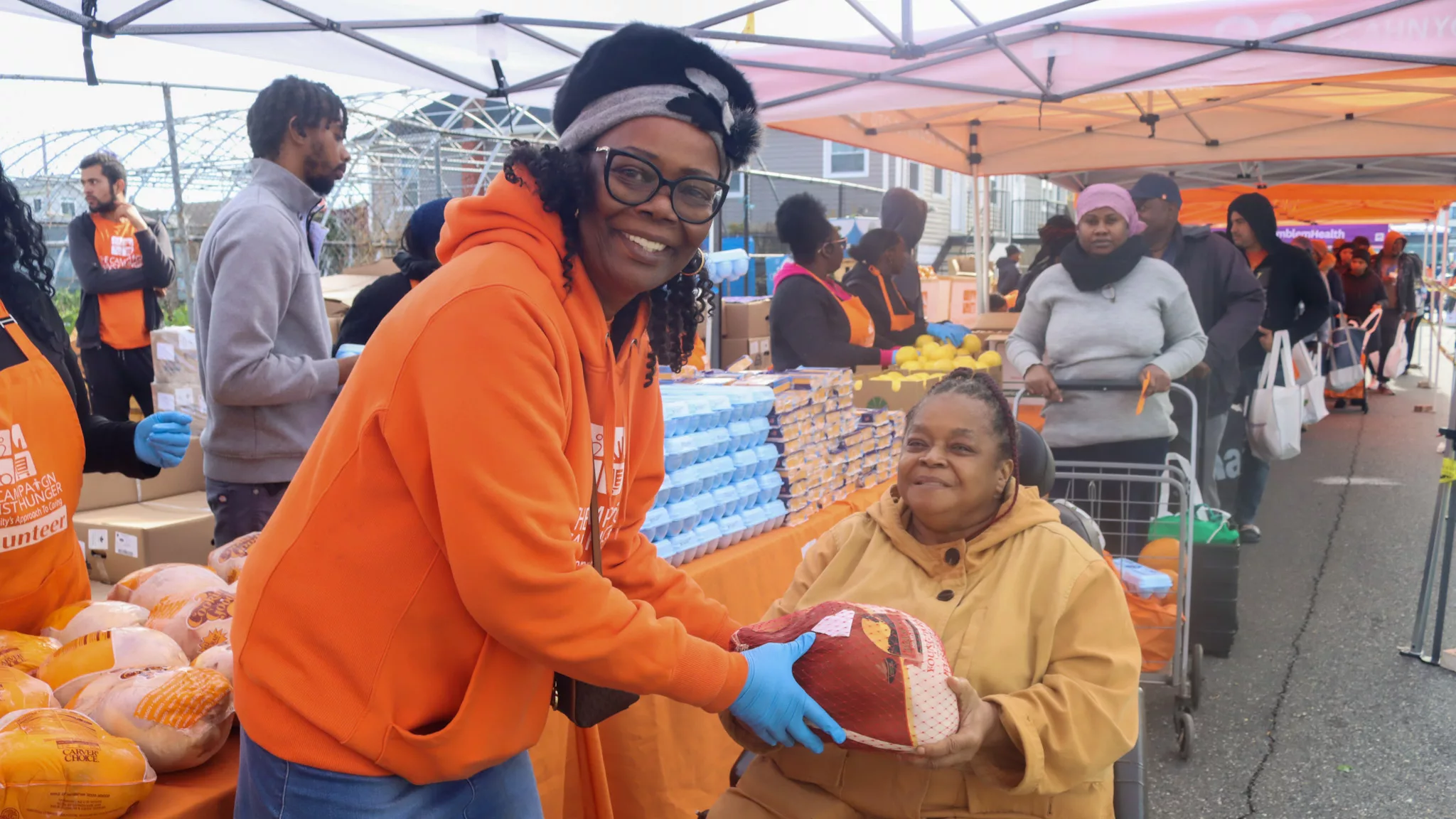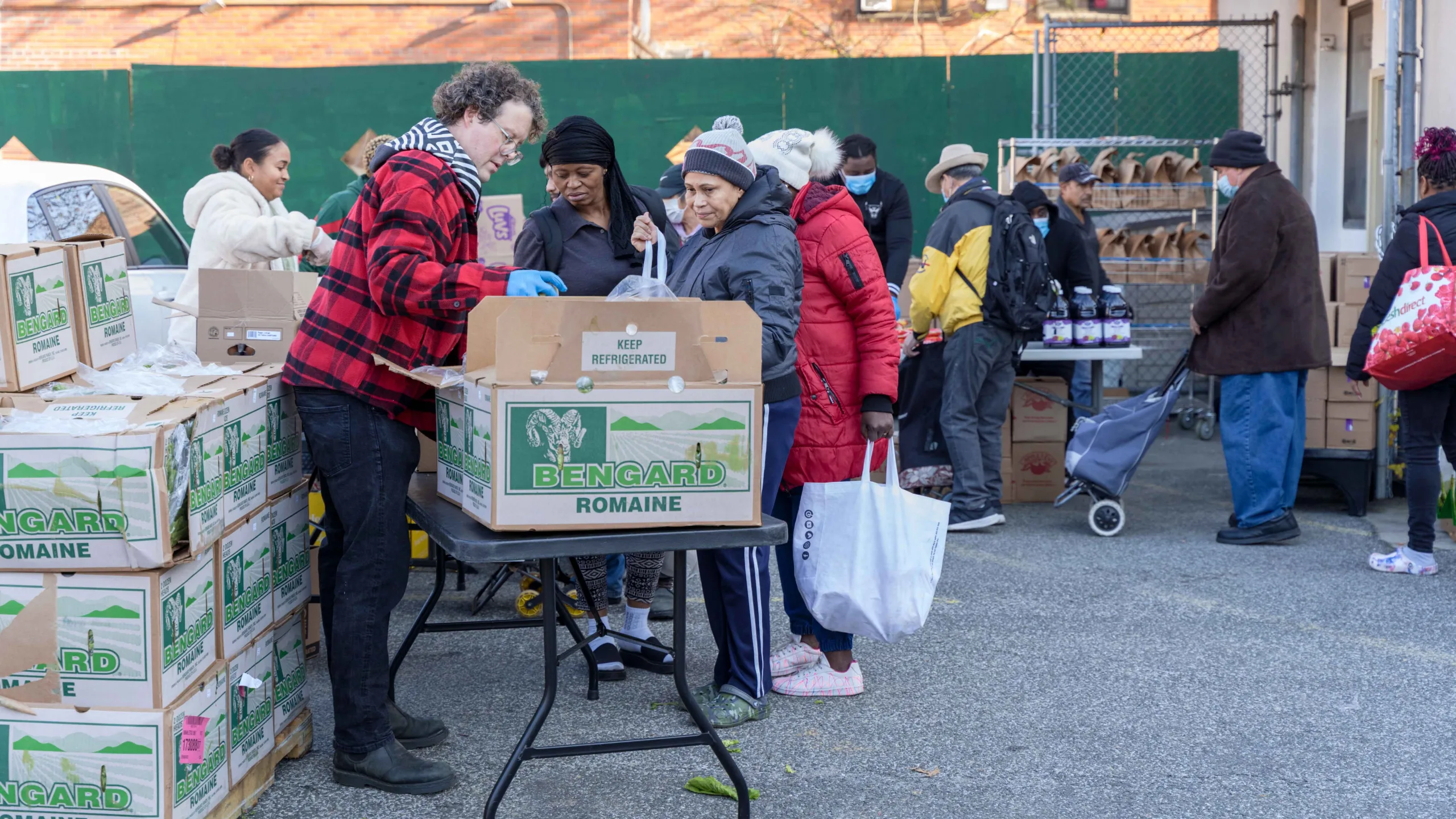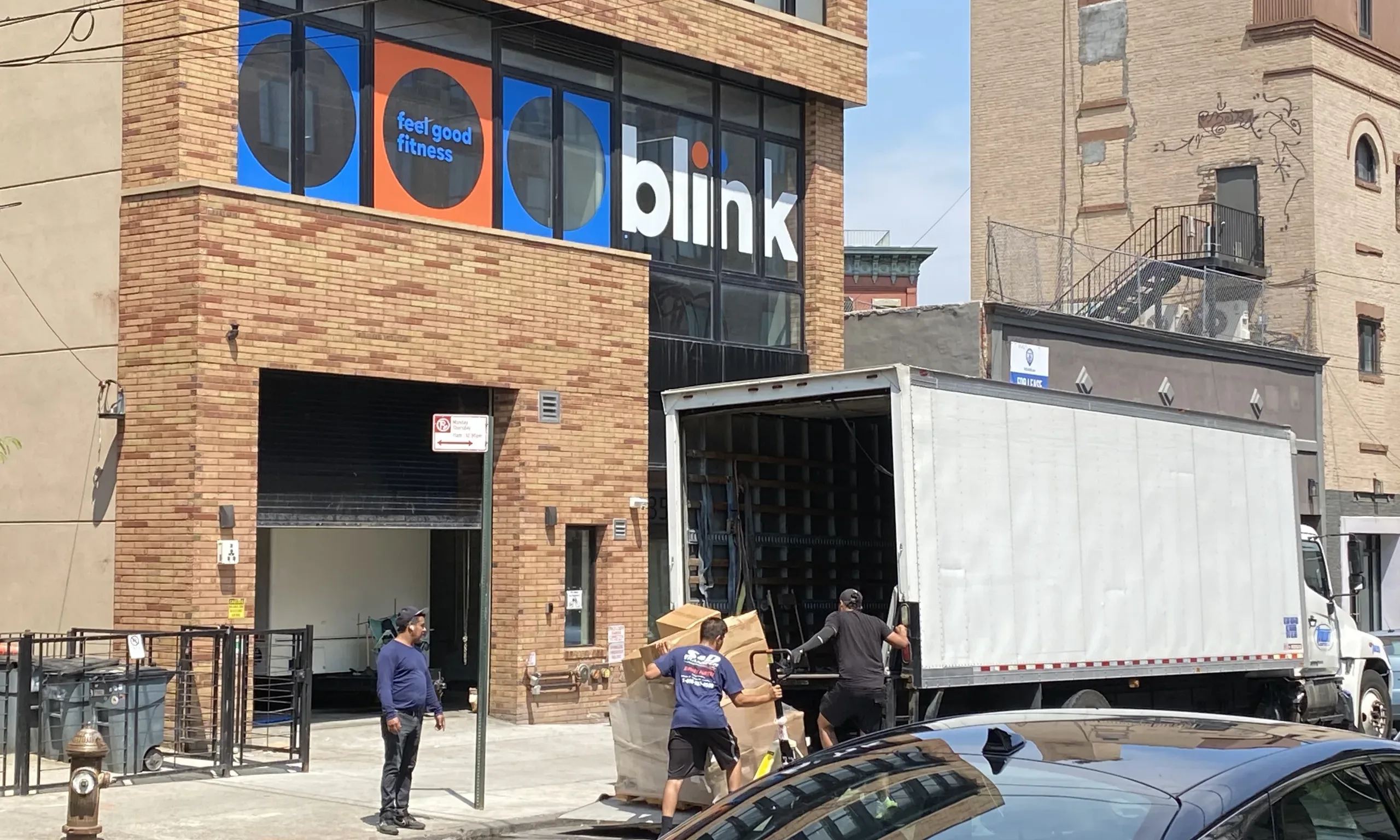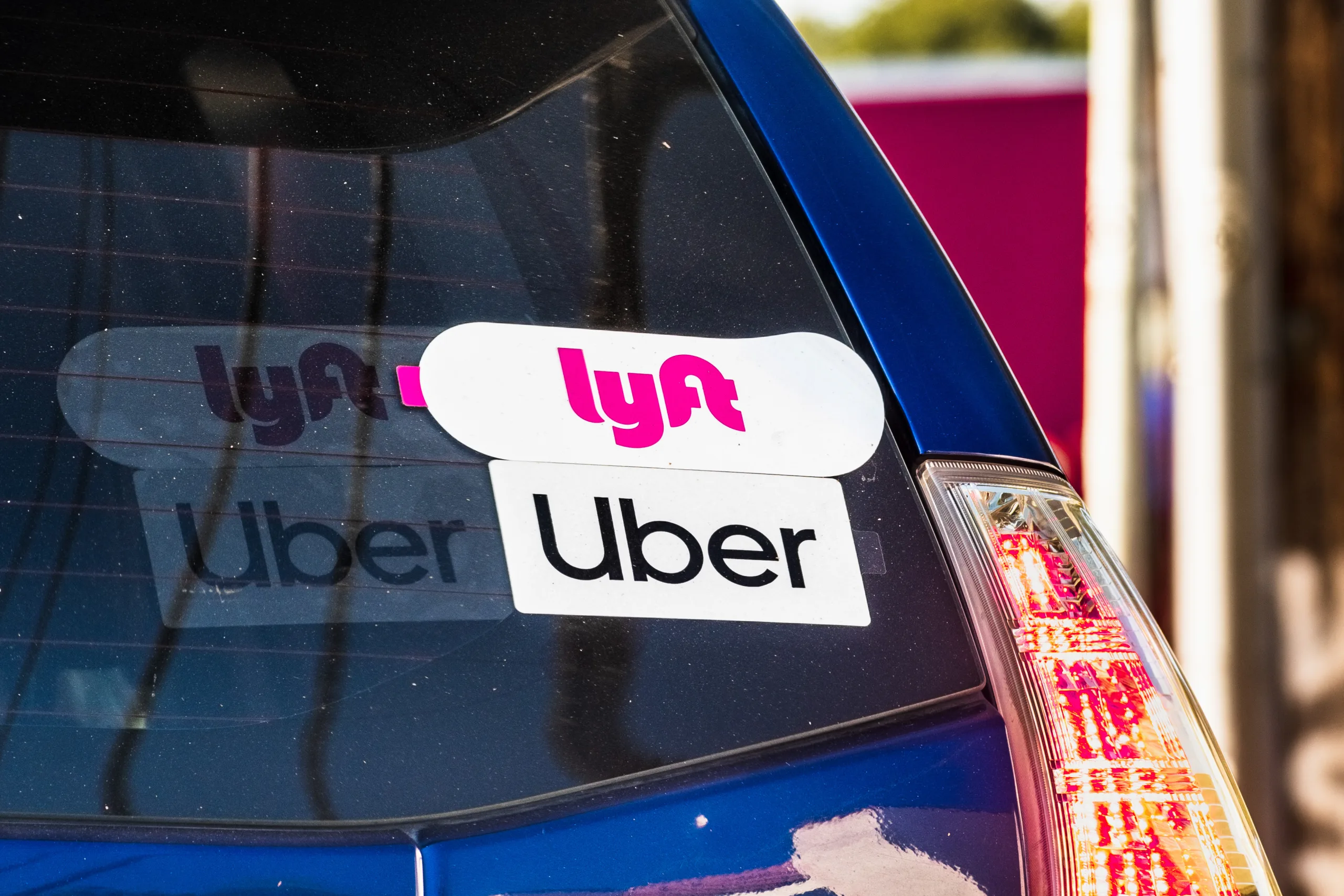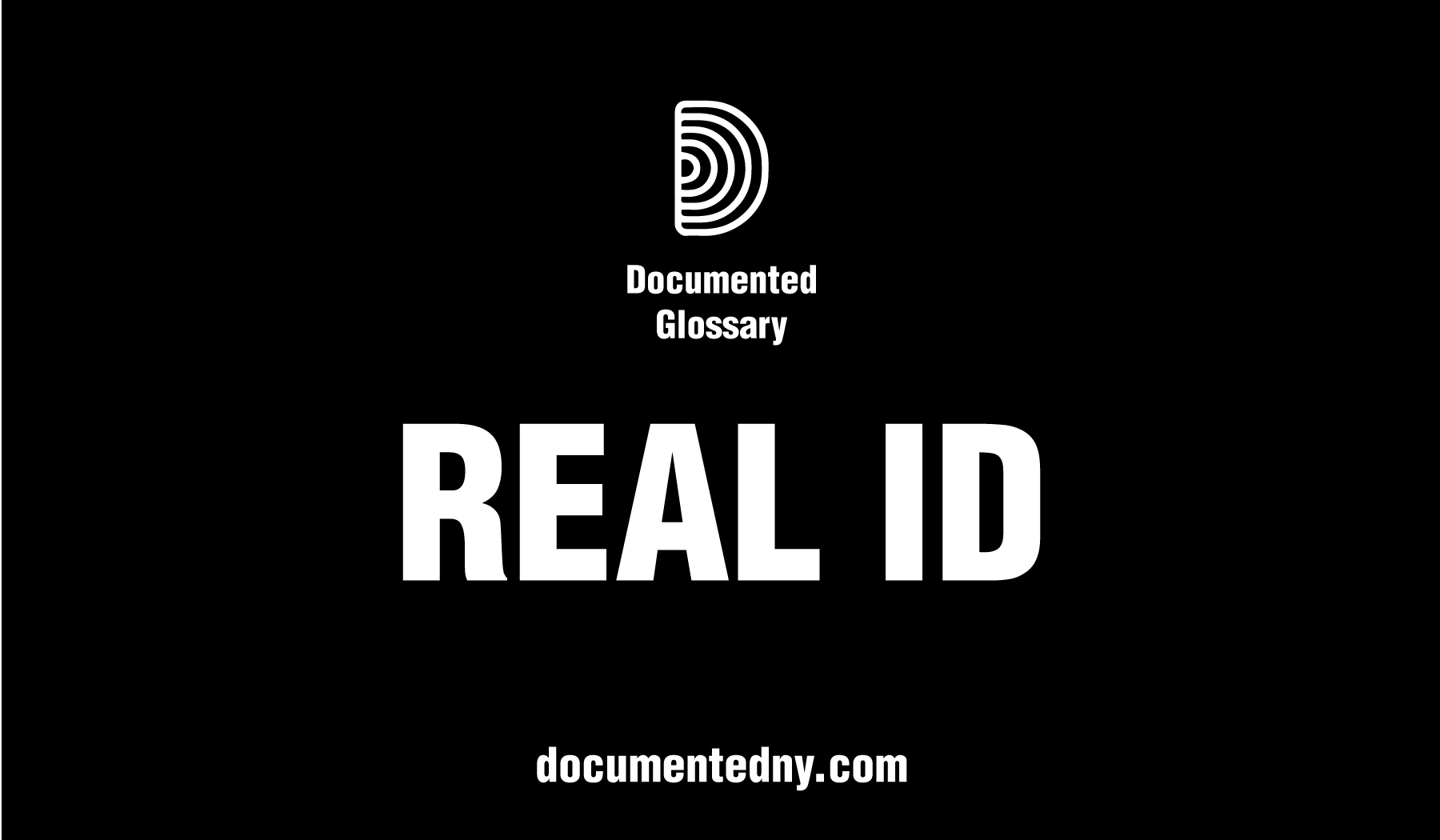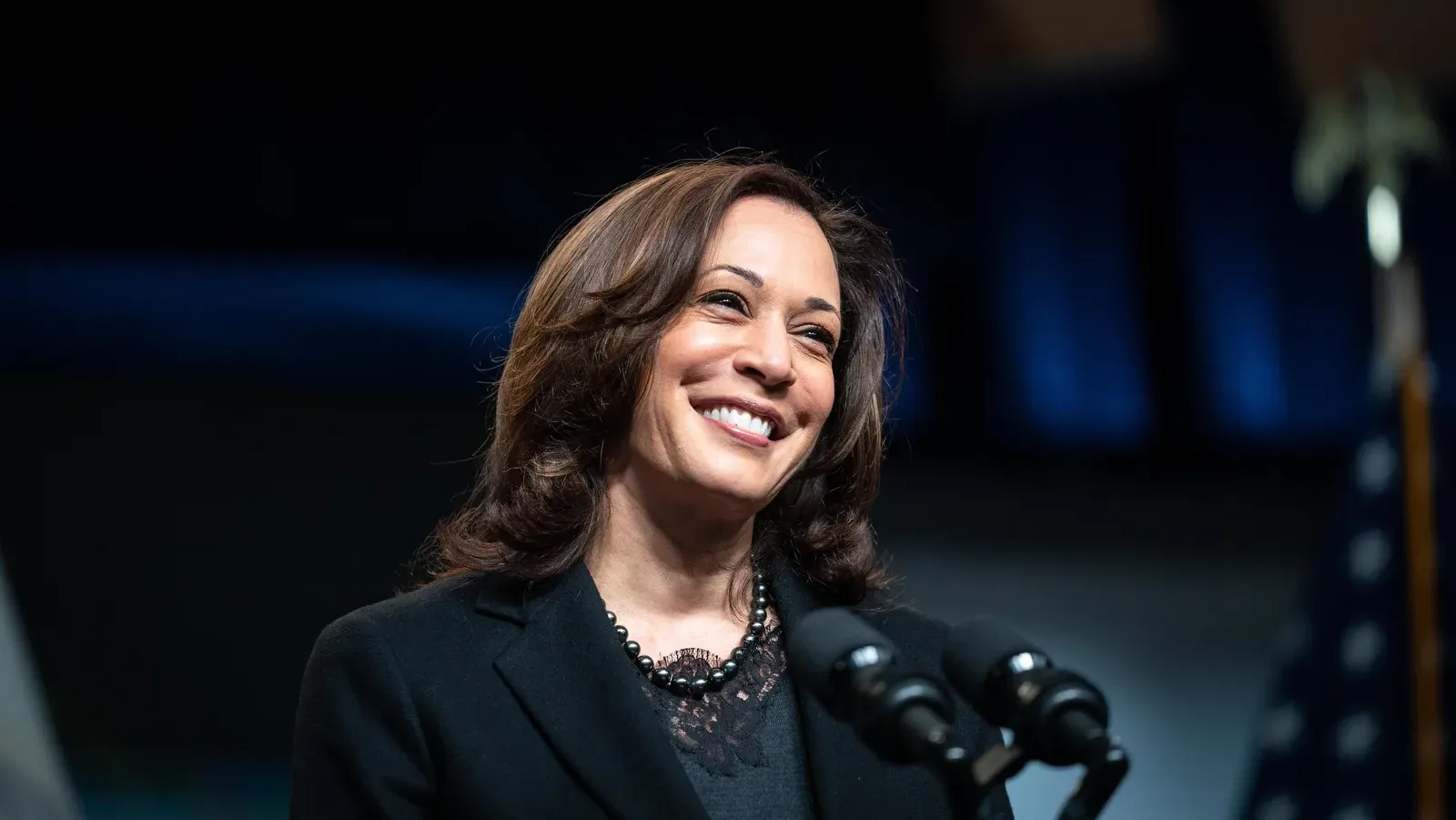Dr. Melony Samuels made a life-changing decision when she departed the shores of Jamaica and came to Brooklyn in 1982 driven by the singular goal of securing a brighter future for her family. Little did she know that this leap of faith would lead her to become a beacon of hope for thousands of New Yorkers in need.
After four years of working in the insurance industry as a salesperson in Brooklyn, she became the chief administrator for the Full Gospel Tabernacle of Faith Church. At the time she was living in New Jersey and commuting to New York City.
However, one day she learned of a single mother who was struggling with bone disease and who needed help feeding her family of four children. Finding ways to support her laid the foundation for what became Samuels’ life mission — alleviating hunger and uplifting the community.
“I went into my cupboard to help her. This woman was not an isolated case because there were others, so the numbers kept increasing,” Samuels told Documented. “I engaged my PTA to help me because I was living in New Jersey so I was driving this food back and forth…my husband and I also started working in ministry at the time, so we told the kids that we’re going back, the Lord is calling us to go back to New York.”
Although Samuels knew she could make a difference for one family, she recognized that the fight against hunger would require more than individual acts of kindness. It takes a village. In 1998, she started The Campaign Against Hunger (TCAH) to help tackle hunger and promote community health in Brooklyn and beyond. With her husband’s and children’s help, Samuels moved back to New York City and began feeding families out of a small pantry in the basement of the Full Gospel Tabernacle of Faith Church in Brooklyn.
Over the past 26 years, TCAH has grown from a small church pantry to several locations across the city, including the central distribution center and main food pantry in Brooklyn and a distribution center in the Rockaways in Queens. TCAH says it has worked with 250 New York partners, extending its reach to 145 ZIP codes, including areas like Ocean Hill, East New York, Brownsville, Bushwick, Cityline, Far Rockaway, and East Flatbush.
Also Read: How to Apply for SNAP, Find Food Pantries, and More in New York
A vital lifeline for numerous families, the non-profit distributes food to 14,000 families each week. The TCAH pantry typically requires proof of identification to get food, but they say they operate with an ethos of compassion where individuals without identification are never turned away, ensuring that no one goes hungry.
In addition to distributing food at its centers, TCAH also delivers fresh, organic food to needy families. “What sets us apart from the other emergency feeding programs is that our main concentration is to ensure that families eat well, have access to food, and that food is inexpensive if we have to get it to them, yet healthy,” said Samuels who serves as TCAH’s executive director.
Hunger and food insecurity continue to be major issues in New York City, influenced by a complicated mixture of socioeconomic factors. Research shows that these issues disproportionately affect children, college students, seniors, minority communities, and undocumented immigrants.
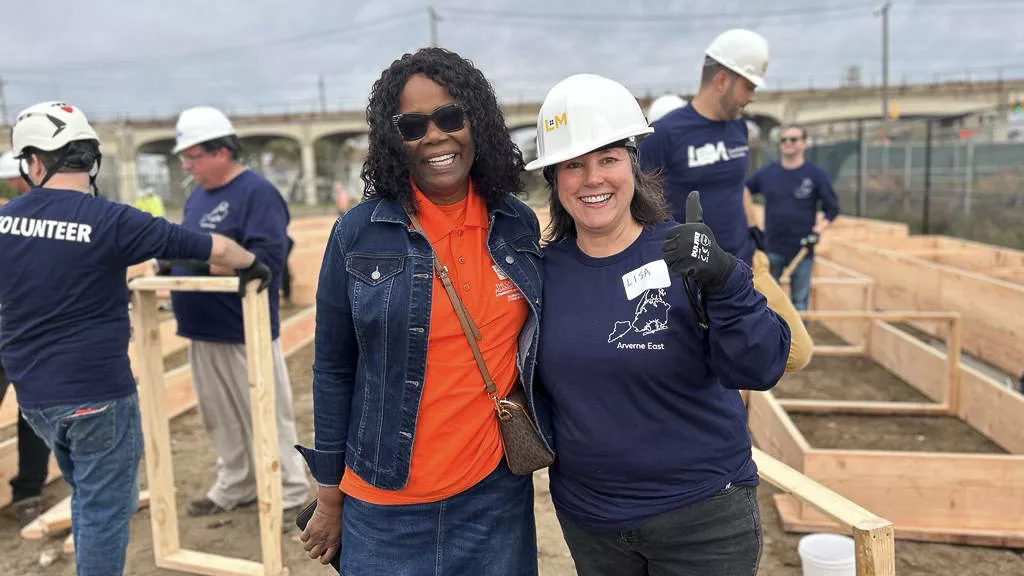
According to the NYC Mayor’s Office of Food Policy’s 2022 Food Metrics Annual Report, 1.2 million New Yorkers experienced food insecurity even before the COVID-19 pandemic, with more than 185 million missing meals across the five boroughs, also known as “The Meal Gap.”
Food assistance organizations across the city and state, like TCAH, serve communities with increased demand but dwindling resources. They are vital for non-citizen New York residents who cannot utilize federal nutrition programs.
“We are in a crucial time. 58% of our donors have left the city or stopped donating, so we are technically surviving off every dollar and dime somebody donates,” Dr. Samuels told Documented.
Also Read: Where to Get Free Legal, Food Aid in Haitian Creole
Amidst these challenges, TCAH remains steadfast in its mission to ensure that no New Yorker goes hungry and implements innovative ways to serve the community. In 2006, the organization pioneered the creation of the first supermarket-styled pantry in Brooklyn. This innovative approach revolutionized food assistance, offering recipients a dignified and empowering experience.
“Everyone said to me, ‘Dr. Samuels, you can’t do this…because if you put food on the shelf, everyone is going to run in here and yank everything off the shelf, and they’re just going to take everything…I said no, they won’t.'”
Today, TCAH’s efforts have blossomed. The organization offers a wellness program called Health 360 that centers on preparing nutritious meals for seniors. Following the classes, they deliver ingredients, including organic vegetables, to seniors’ homes upon request to ensure accessibility.
A culinary arts training program is also offered for people ages 18 to 24. Participants engage in hands-on cooking experiences and receive training for their food handlers certificate. TCAH’s Green Teens initiative involves a workforce dedicated to various tasks such as planting, maintaining, harvesting, selling, and distributing produce through their pantry.
As an immigrant, she recognizes the importance of supporting fellow immigrants coming into the country, particularly in New York City. Her commitment to this cause extends far beyond providing food; she also endeavors to address other essential needs for these families.
Samuels expressed empathy toward struggling immigrant mothers, acknowledging their shared desire for a better life for their families, reminiscent of her aspirations when she first arrived seeking opportunities. She emphasized the importance of each person with dignity and ensuring they receive essential items. “We ensure that all mothers can properly secure their children in the cold…we know some of those children will be doctors or college professors [one day]…they need a helping hand now as I did when I first came to this country,” she said.
Through Samuels’ tireless dedication and visionary leadership, TCAH has become a catalyst for transformative change in the fight against hunger and poverty. The non-profit is currently developing its Ecosystem Food Hub, which Samuels hopes will establish a transformative legacy. Central to the initiative is establishing a self-sustaining hydroponic facility to cultivate food in unconventional spaces and transform agricultural practices in the community.
TestPost3
“The food hub will address the disparities in access to families and also what New York is facing. I want it to be implemented to address the issues of growing leafy vegetables so they will be grown indoors. I’m looking at zero waste, developing technology to address food waste, using fertilizer, and building commercial kitchens. I want to ensure that we can prepare meals for families and work on driving down the cost of food,” she said.
Additionally, the hub will serve as a centralized space for social services, providing vital support to individuals and families in need. Samuels says that in all she does, she aims to create a lasting impact by ensuring access to nutritious food and essential resources for communities facing food insecurity.
“When I came to this country, I was given a helping hand, and I am motivated to continue to extend my hands through TCAH to help New Yorkers; this is my way of paying it forward,” Samuels said.
The Campaign Against Hunger will host its annual Planter Award event, “Envisioning Tomorrow’s Food,” on June 14. This vital fundraising effort supports the organization’s ongoing work addressing food insecurity.
